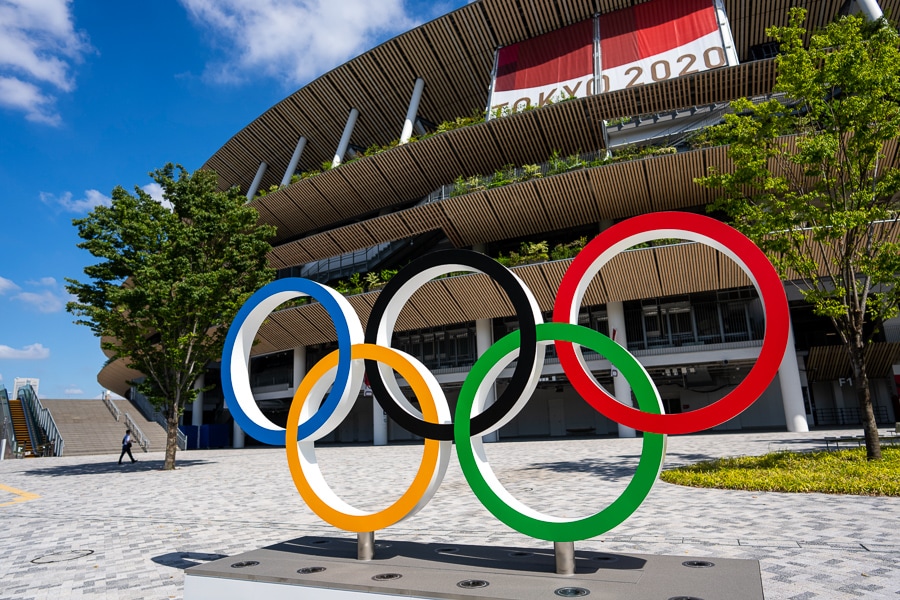
The invisible hand behind the Tokyo Olympics
The force behind the Olympic curtain is Dentsu, an advertising goliath with near mythical levels of power and influence in Japan
 The Olympic Stadium ahead of the Tokyo Games in Tokyo, July 19, 2021. Dentsu, an advertising giant hard-wired into major Japanese institutions, stood to be Japan’s biggest winner of this year’s Games. But the pandemic has played havoc with those plans; Image: Doug Mills/The New York Times
The Olympic Stadium ahead of the Tokyo Games in Tokyo, July 19, 2021. Dentsu, an advertising giant hard-wired into major Japanese institutions, stood to be Japan’s biggest winner of this year’s Games. But the pandemic has played havoc with those plans; Image: Doug Mills/The New York Times
TOKYO — It’s not an official sponsor of the Olympics. It will remain invisible to the millions of viewers who begin tuning in this week. But without it, the Tokyo Games could not have happened.
The force behind the Olympic curtain is Dentsu, an advertising goliath with near mythical levels of power and influence in Japan.
As a gatekeeper to the world’s third-largest economy, it has become a major figure in international sports. It played a prominent role in Tokyo’s Olympic bid, then was named the Games’ exclusive advertising partner, bringing in a record-shattering $3.6 billion from Japanese sponsors.
With its nearly complete control over the Olympic marketing bonanza, Dentsu stood to be Japan’s biggest winner of this year’s Games. But as the pandemic has played havoc with the event, a company accustomed to always coming out on top finds itself in an unfamiliar position.
Its expectation of an enormous windfall has dwindled. The advertising campaigns and promotional events that sponsors usually mount in the months before the Olympics have been canceled or pared down, depriving Dentsu of what analysts say is one of the most lucrative parts of the sporting pageant.
©2019 New York Times News Service







